Muharram in Pakistan: The unyielding spirit of Shias despite threats, violence
By Sana Batool
In Muslim-majority Pakistan, the intricate relationship between Muharram, the annual mourning commemorations, and relentless violence targeting a particular community tells a tragic tale.
For the minority Shias of the country, this sacred month opens the gateway to grief and solemn remembrance, as the blood-stained pages of history come to life each Muharram.
Yet, amidst deep reverence and devotion, there also lies underlying threats and violence that are designed to force the community into submission and to put an end to these commemorations.
Despite Pakistan being home to one of the largest Shia populations in the world, minority Shia Muslims in the South Asian country continue to be prime victims of violence of extremist Takfiri groups.
Sectarian tensions have gripped the Shia community of Pakistan for decades, with extremist elements attempting to disrupt the sanctity of mourning gatherings and processions each Muharram.
However, within the resounding echoes of "Labbaik Ya Hussain," the Shias Muslims in each Muharram demonstrate exemplary unity and resilience, challenging the scourge of sectarianism and cowardly attempts by extremists to destroy the tapestry of their steadfast devotion towards their faith.
Shias comprise 20 percent of Pakistan’s Muslim population. However, despite their significant presence, anti-Shia violence perpetuated by violent extremists has been normalized, particularly assuming alarming proportions during the month of Muharram.
These violent acts are deeply rooted in social, political, and geopolitical issues, fueled by hateful and provocative speeches and remarks by some Takfiri clerics who intend to incite violence and hostility towards the members of the Shia community, portraying them as heretics and enemies of Islam.
According to Canada-based think tank International Forum for Rights and Security (IFFRAS), around 4,847 Shias were killed in incidents of sectarian violence between 2001 and 2018.
Violent extremist groups (Belonging to the majority community) worryingly scaled up their targeted attacks against Shia Muslims particularly between the years 2013 and 2019.
The targeted violence, unfortunately, continues unabated despite promises by successive governments to ensure the safety and security of the minority community.
Relentless violence
The history of sectarian tensions and violence in Pakistan dates back to as early as 1963, well before the intensified period in the late 1970s when General Zia-ul-Haq came into power.
Rick Andreas writes in his book ‘Shias of Pakistan’ that the roots of sectarianism in the South Asian country, which was formed following the partition of British India, can be traced to April 1963, weeks before Muharram 1383 (25 May-23 June), when Lahore experienced a surge in sectarian unrest.
On Muharram 10 (June 3), violence erupted during the significant 'azâdârî procession as it passed in front of the Unchî Mosque near the Bhatti Gate of the Old City.
The peaceful mourning procession was attacked by extremist Takfiri groups with stones, sticks, and knives, resulting in the death of two individuals and injuries to hundreds of others.
The police intervened and opened fire, but the violence persisted until the procession reached Karbalâ'-i Gâme Shâh. This incident further exacerbated sectarian tensions in the region.
On the same day, more than 100 Shias were killed by extremist Sunnis in Thehri, a town in Pakistan’s southern province, further exacerbating the sectarian tensions in the country.
Throughout Pakistan's history, attacks on Shias have been a recurring issue, with the assaults on their processions taking place across the country, in major cities.
These attacks persisted over the years, occurring almost biennially, and resulted in the martyrdom of several hundred Shias. Tragically, the targeted killing of Shia individuals also continued unabated alongside the attacks on big processions, further exacerbating the sectarian tensions in the country.
The Shia community in Parachinar, a town located in the northwestern Khyber Pakhtunkhwa province bordering Afghanistan, has faced persistent Takfiri attacks for decades, and the frequency of these attacks has escalated this year.
On May 4, during a violent incident, gunmen affiliated with a Takfiri extremist group targeted a school in the Shia-populated border city. Tragically, several teachers were killed in this attack, and another teacher from the same school fell victim to a separate assault.
Reports indicate that most of these slain teachers were members of the Turi Shia tribe. Presently, as the community observes the month of Muharram, the violence against the Shia community in Parachinar continues unabated, further exacerbating their longstanding suffering.
More than an expression of grief
In Pakistan, just like other countries around the world where Azadari commemorations take place, mourners wear black clothes and other symbols of sorrow and recite heart-rending elegies that transport listeners to the tragic event of Karbala 14 centuries ago.
These sacred commemorations that revolve around the divine sacrifice of Imam Hussain (AS), the grandson of Prophet Mohammad (PBUH), symbolize defiance, bravery, and courage.
From the grand Badshahi Mosque in Lahore to the bustling streets of Karachi, despite the violence faced by the community, Azadari has remained an integral part of the Pakistani cultural fabric.
Thousands of Muharram gatherings are held across the country, providing a platform for unity to emerge from shared suffering, and fostering an invincible spirit among the Shia community.
Beyond being an expression of grief, Azadari in Pakistan has transformed into an act of resilience, a call for compassion, and a testament to unity.
The Shia community of Pakistan today stands tall and firm on their beliefs and faith, demonstrating a spirit that they have learned from the principles exemplified by the martyrs of Karbala.
Sana Batool is a Pakistan-based journalist and researcher who has written extensively on the subject of Takfirism in Pakistan and anti-Shia violence
(The views expressed in this article do not necessarily reflect those of Press TV)
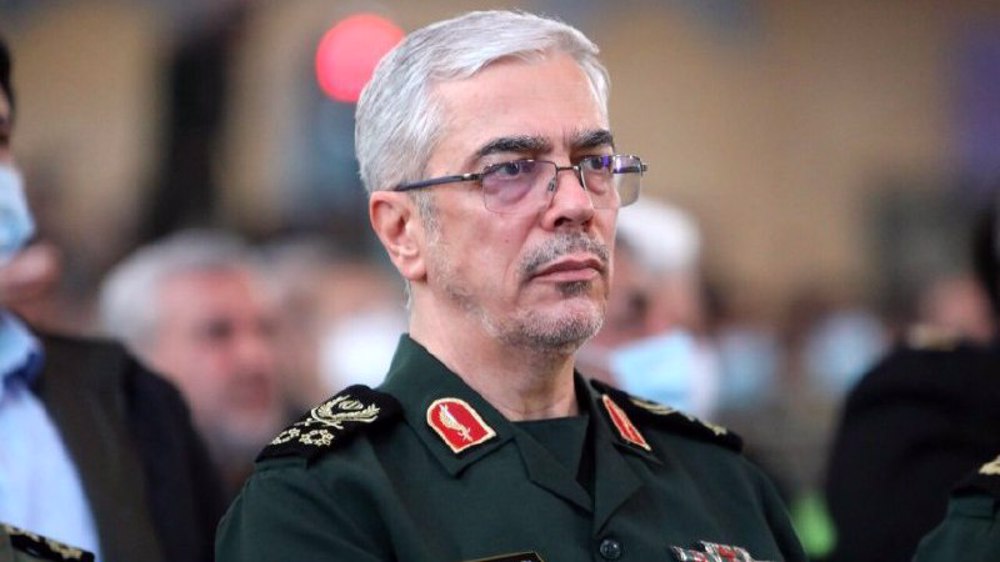
Iran to participate in intl. naval drills hosted by Pakistan: Military chief
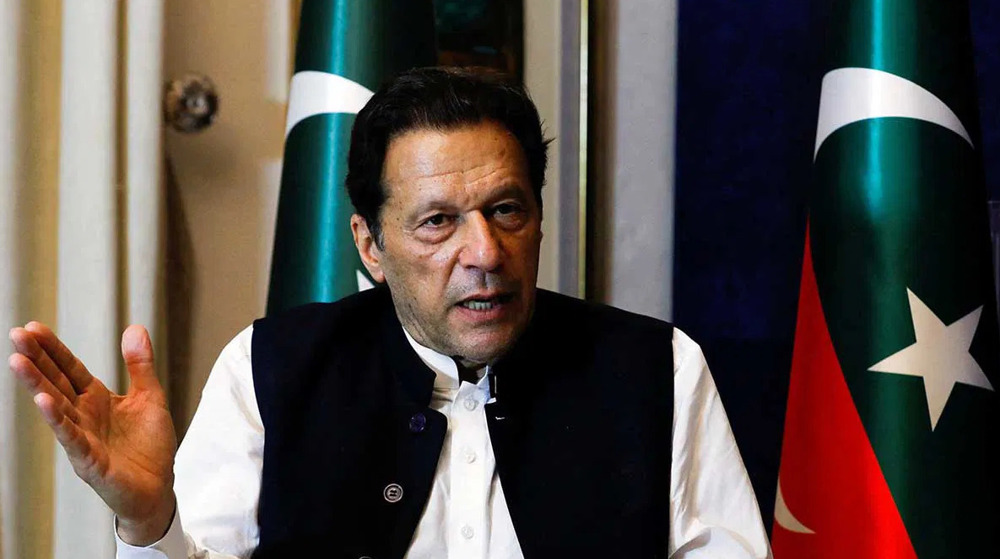
Pakistan's ex-PM Imran Khan sentenced to 14-year jail term
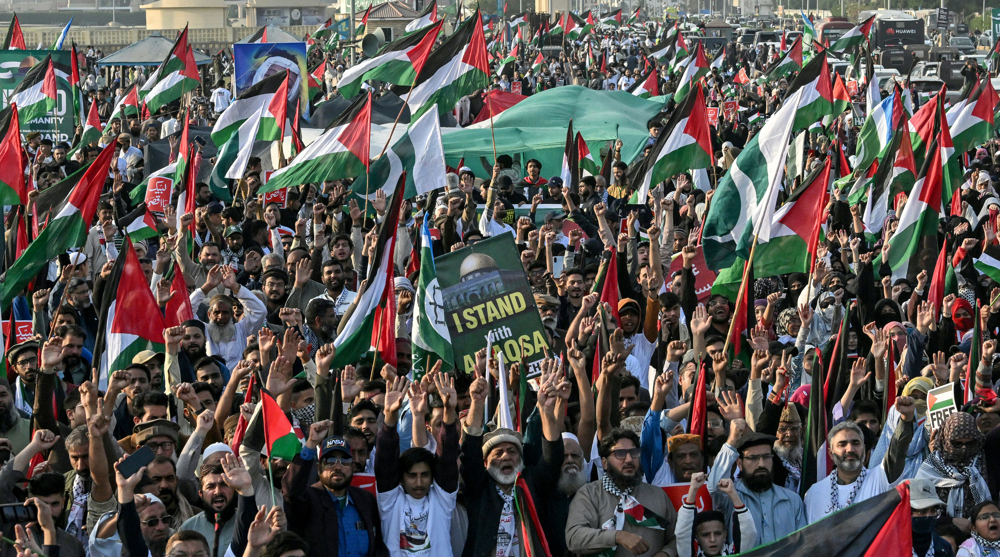
Thousands of Pakistani protesters condemn Israeli genocide of Palestinians
200 Palestinian abductees released in exchange for 4 Israeli soldiers
Iran receives International Gandhi Peace Prize for supporting Palestinians
Palestinian families return home in Gaza after ceasefire to find no home
ICRC: Yemen’s Ansarullah unilaterally releases 153 war prisoners
Resistance forced Israel to open doors of cells to 'heroic prisoners': Hamas
Lebanon army slams Israeli 'procrastination' in pullout from south
EU military chief wants European troops in Greenland after US
Gaza truce deal durability uncertain due to lack of Israeli commitment: Genocide scholar


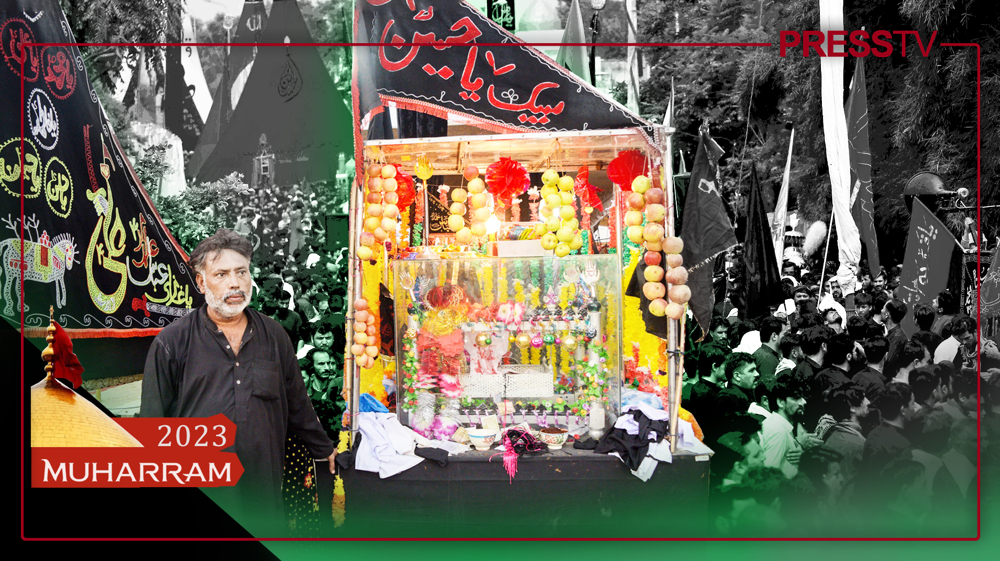



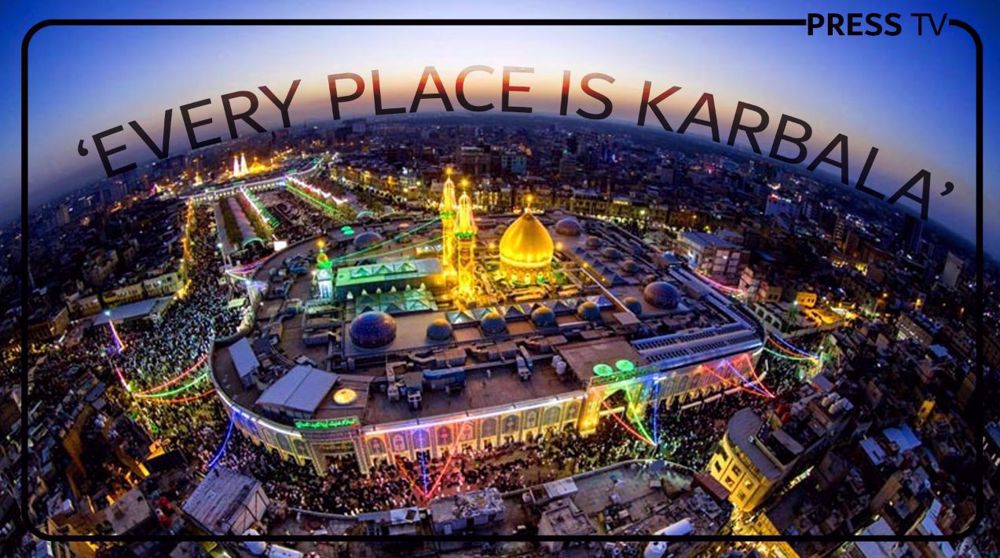
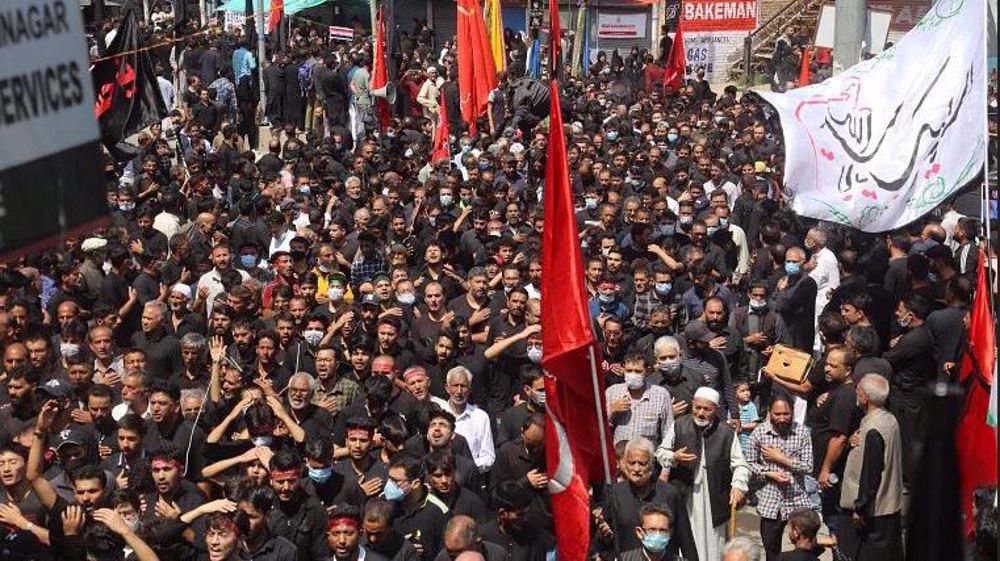
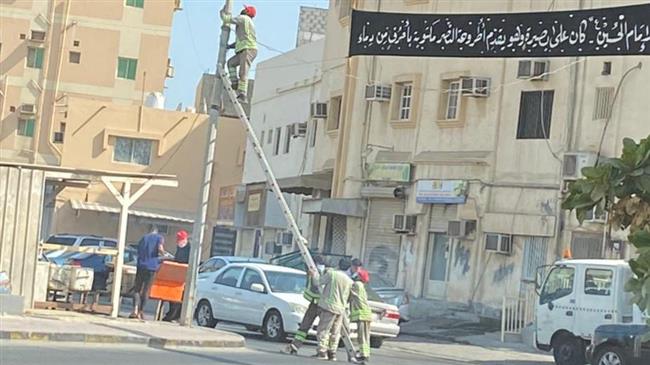



 This makes it easy to access the Press TV website
This makes it easy to access the Press TV website